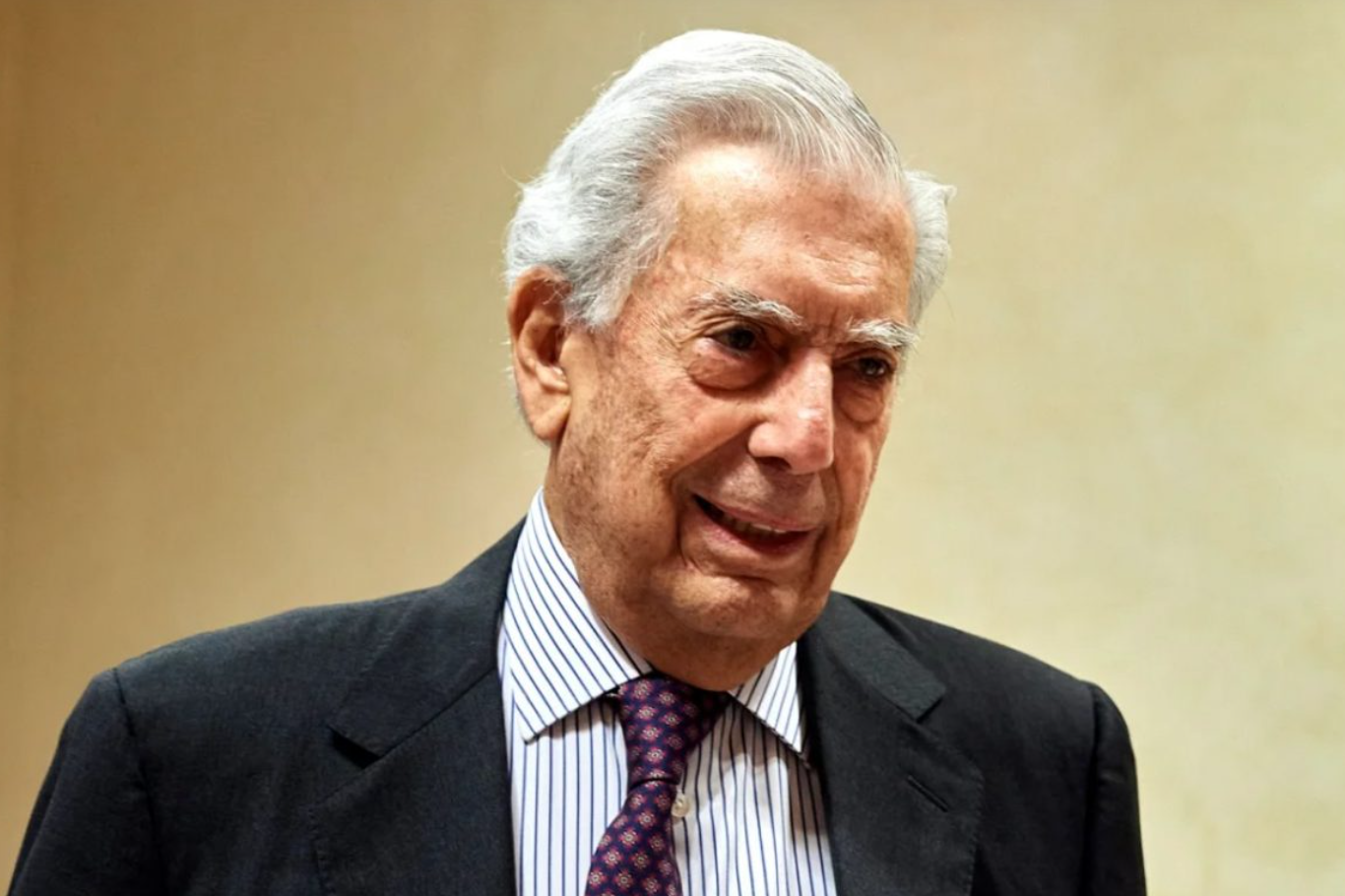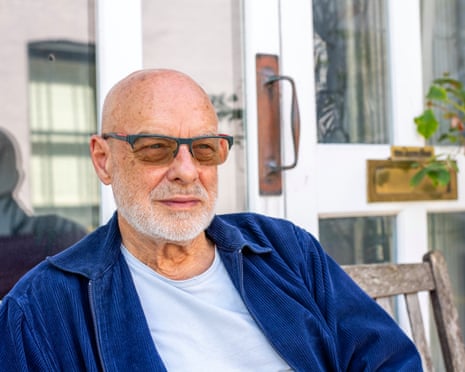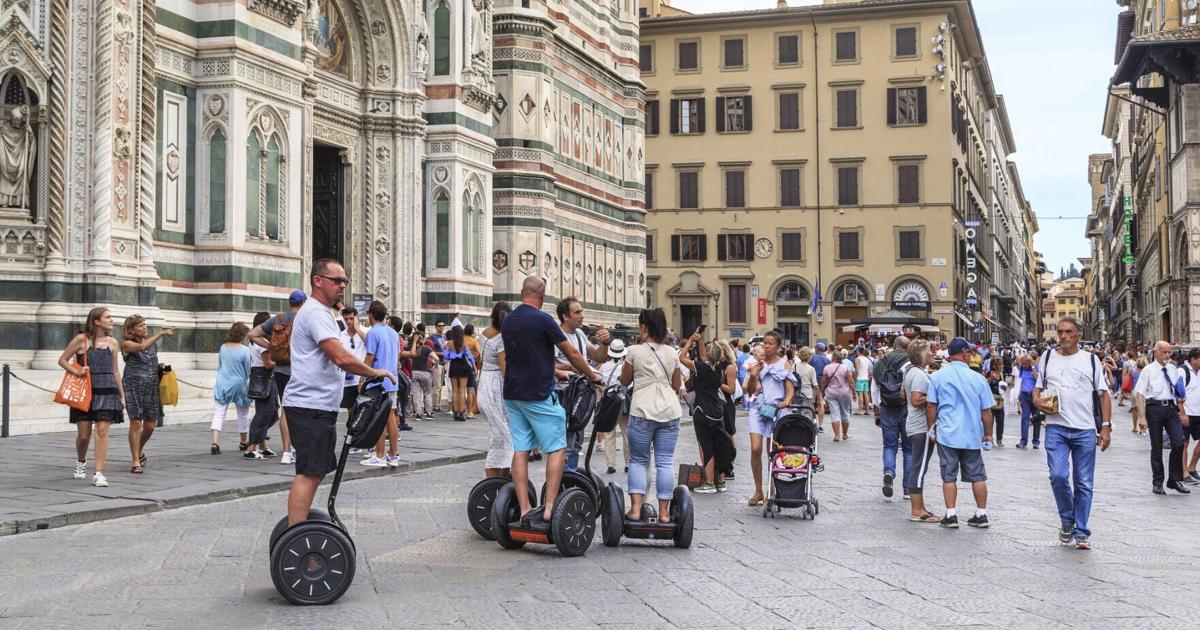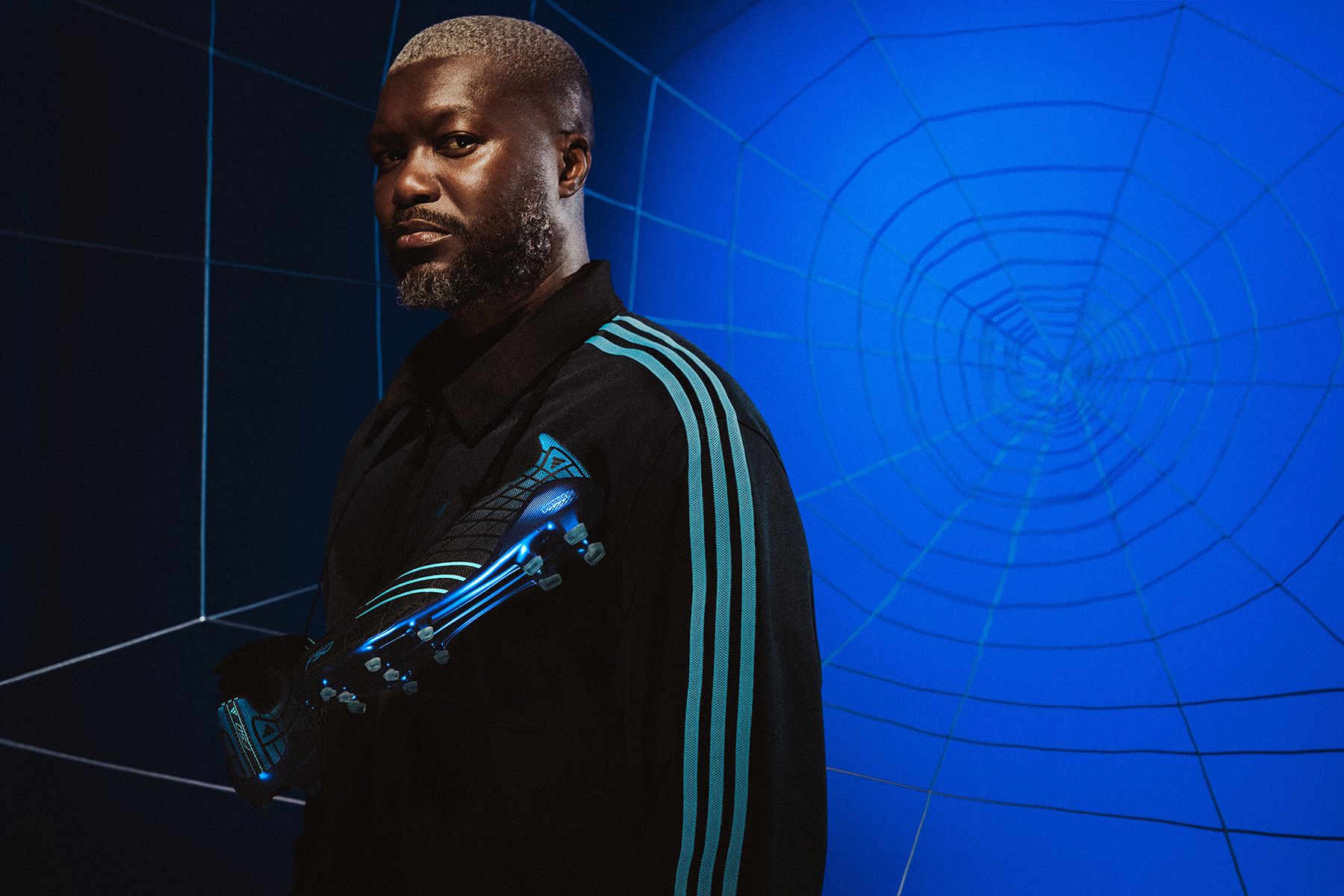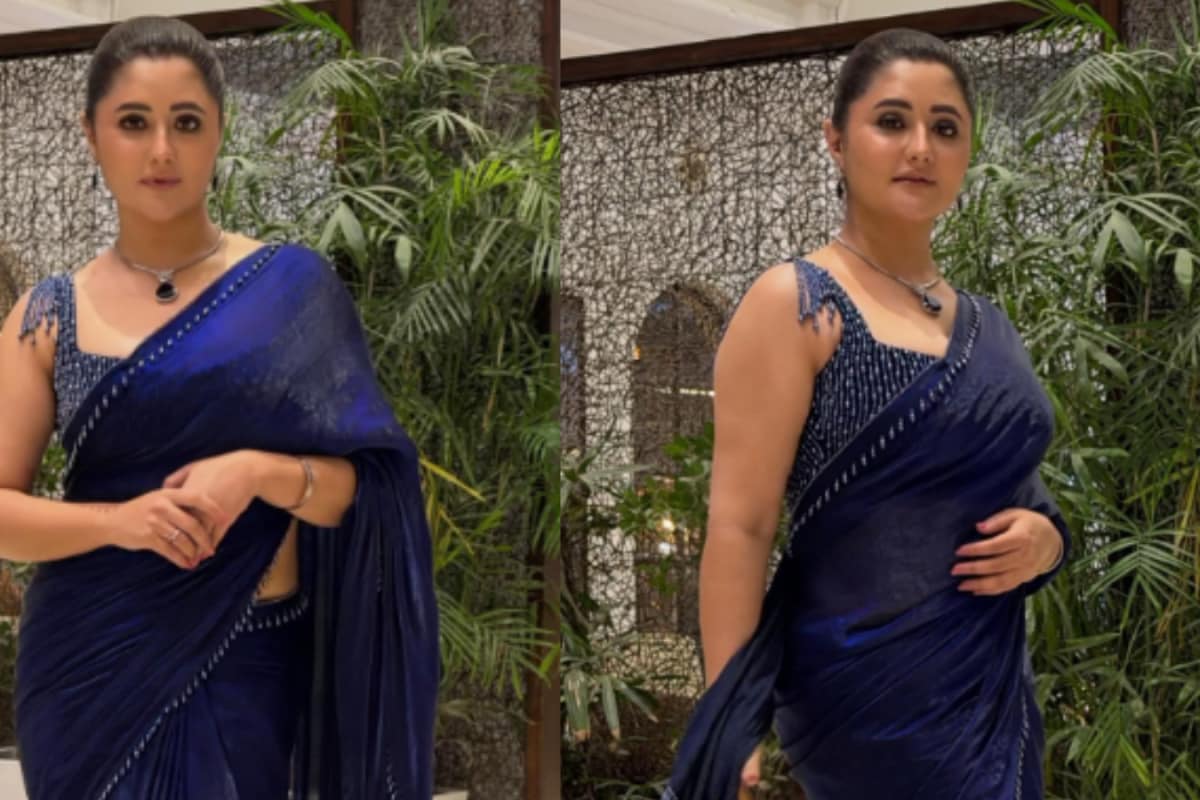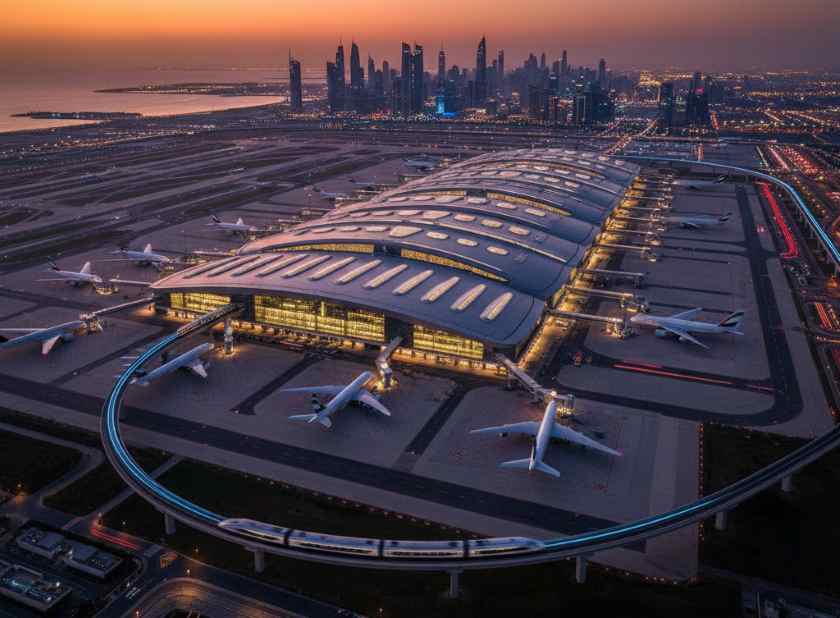Nobel Prize-winning author Mario Vargas Llosa, one of Latin America’s most celebrated literary figures and a fierce critic of authoritarianism, has died at the age of 89, his family confirmed Sunday.“It is with deep sorrow that we announce that our father, Mario Vargas Llosa, passed away peacefully in Lima today, surrounded by his family,” read a statement shared by his son, Álvaro Vargas Llosa, on social media.A towering voice in world literature, Vargas Llosa will be remembered for his incisive explorations of power, resistance, and human frailty, captured in landmark novels such as Conversation in the Cathedral (1969), The War of the End of the World (1981), and Aunt Julia and the Scriptwriter (1977).
In 2010, he was awarded the Nobel Prize in Literature, recognized for his “cartography of structures of power and his trenchant images of the individual’s resistance, revolt, and defeat.”Born in Arequipa, Peru, Vargas Llosa’s path to international acclaim began with the 1963 release of La ciudad y los perros (The Time of the Hero), a brutally honest portrayal of life in a military academy that scandalized the Peruvian establishment. The novel catapulted him into the Latin American literary boom, alongside contemporaries like Gabriel García Márquez and Julio Cortázar.

His literary journey took him across continents—from Cochabamba, Bolivia, where he spent his early years, to Madrid, Paris, London, and eventually Barcelona, where he produced much of his e.
